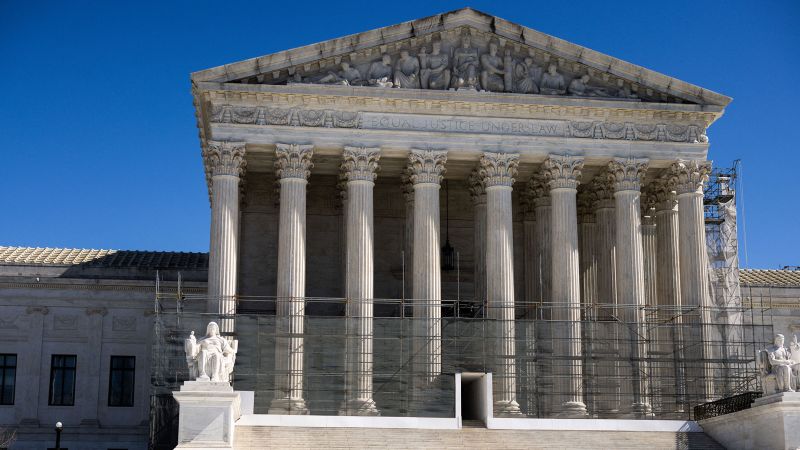On Friday, Chief Justice John Roberts took a significant step by temporarily pausing action on an emergency appeal that has emerged from a critical legal dispute involving the Department of Government Efficiency (DOGE). At the heart of this case lies a pressing question regarding the transparency of government entities: whether DOGE should be obligated to release public documents, similar to other government agencies, or whether it enjoys protection from such requests due to its affiliation with the White House.
This case has broader implications, raising foundational questions about government accountability and transparency. The actions of DOGE have sparked considerable concern and scrutiny, especially given its history of aggressively reducing agency budgets and staff levels. Such rapid changes have not only elicited public discourse but also prompted a series of federal lawsuits directed at the Trump administration. The overall context underscores a tension between administrative power and the citizens’ right to information.
Roberts, who is tasked with handling emergency situations that arise from the federal appeals court in Washington, D.C., issued what is known as an administrative stay. This stay serves to temporarily halt proceedings, allowing justices the necessary time to thoroughly review written briefs associated with the case. It is customary for such interim orders not to include an explanation of their rationale, keeping elements of judicial reasoning hidden from public view.
The emergency appeal, initiated by President Donald Trump, specifically sought to suspend a prior ruling made by a lower court. This ruling would allow a governmental watchdog organization to interrogate DOGE staff. The intent of such deposition is to garner a clearer understanding of DOGE’s role within the federal framework, particularly emphasizing its inclusion under the transparency law known as the Freedom of Information Act (FOIA). As it stands, the request to halt further action on this point remains unresolved.
In the legal arguments presented in the appeal, U.S. Solicitor General D. John Sauer articulated the administration’s position by defining DOGE as a “presidential advisory body” that operates within the confines of the White House. He pointed out that the main responsibility of DOGE revolves around providing recommendations to the President, suggesting that, due to these advisory functions, the entity falls outside the ambit of FOIA restrictions. This assertion raises significant stakes regarding whether government efficiency bodies should be held to the same standards of openness as other public institutions.
A particularly contentious point raised in the appeal was the concern that requiring the leadership of DOGE to partake in depositions could substantially detract from its mission. According to Sauer, the core objectives of DOGE encompass identifying and eliminating instances of fraud, waste, and abuse within federal agencies. Thus, anything detracting from these tasks could hinder the organization’s efficacy in achieving these important goals.
In a prior ruling by a federal judge in March, it was determined that DOGE is likely subject to FOIA requirements, meaning that various stakeholders—including the public, interest groups, and media—might have the right to access internal government records that illuminate agency conduct. This judicial ruling could potentially open new avenues of accountability, contributing to a richer understanding of how well government agencies operate and whether they are doing so transparently.
In essence, the ongoing legal debate evolves around the critical tension between governmental secrecy and the right of the populace to understand the functioning of its government. The outcome of this appeal will have significant ramifications for the nature of government transparency, the conditions under which government agencies operate, and the extent to which citizens can hold their government accountable. With Chief Justice Roberts temporarily halting proceedings, the path forward remains uncertain, highlighting the complexities and vital importance of law in governing society.



